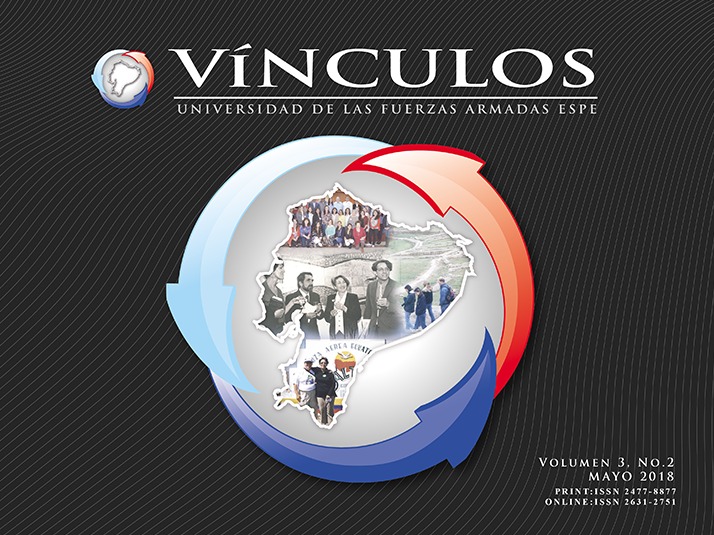PERFORMANCE OF ARTIFICIAL NEURAL NETWORKS AND FUZZY INFERENCE SYSTEMS FOR PREDICTING CONCRETE COMPRESSIVE STRENGTH
Contenido principal del artículo
Resumen
Artificial neural networks (ANN) have been traditionally utilized for developing prediction models based on experimental data; however, fuzzy logic theory is a novel tool that could also be applied as well in this cases. The present study compares the performance of two different approaches; namely, ANN and fuzzy inference systems (FIS) for predicting concrete compressive strength. Adaptive neuro fuzzy inference systems (ANFIS) was the technique based on input – output experimental data that was used to create two Sugeno type fuzzy models for estimating concrete compressive strength and then compared with several ANN prediction models created through different methods. Subtractive clustering method was the clustering procedure for establishing the number of membership functions and fuzzy rules. Predicted data resulting from all models were presented in a comparative manner and validation analyses were conducted in order to observe the performance of ANN and ANFIS. The results indicate that both fuzzy models performed very well when estimating concrete compressive strength (i.e., all R2 values are greater than 90%) while for ANN, only one ANN method had an R2 value greater than 90%.
##plugins.themes.bootstrap3.displayStats.downloads##
##plugins.themes.bootstrap3.displayStats.noStats##
Detalles del artículo
Número
Sección
Research Article
Los autores que publican en esta revista están de acuerdo con los siguientes términos:
- Los autores conservan los derechos de autor y garantizan a la revista el derecho de ser la primera publicación del trabajo al igual que licenciado bajo una Creative Commons Attribution License que permite a otros compartir el trabajo con un reconocimiento de la autoría del trabajo y la publicación inicial en esta revista.
- Los autores pueden establecer por separado acuerdos adicionales para la distribución no exclusiva de la versión de la obra publicada en la revista (por ejemplo, situarlo en un repositorio institucional o publicarlo en un libro), con un reconocimiento de su publicación inicial en esta revista.
- Se permite y se anima a los autores a difundir sus trabajos electrónicamente (por ejemplo, en repositorios institucionales o en su propio sitio web) antes y durante el proceso de envío, ya que puede dar lugar a intercambios productivos, así como a una citación más temprana y mayor de los trabajos publicados.
Cómo citar
PERFORMANCE OF ARTIFICIAL NEURAL NETWORKS AND FUZZY INFERENCE SYSTEMS FOR PREDICTING CONCRETE COMPRESSIVE STRENGTH. (2019). Revista Vínculos ESPE, 3(2). https://doi.org/10.24133/vinculosespe.v3i2.1549

